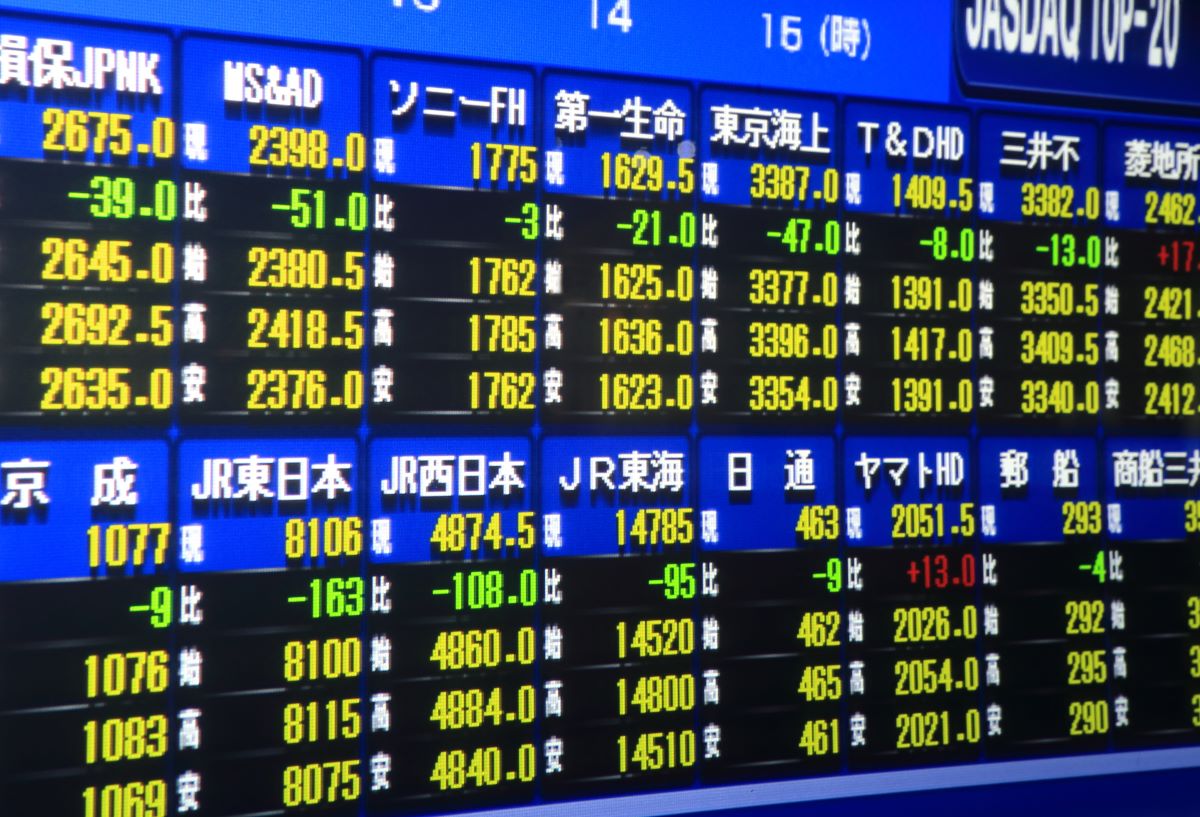After over three decades of underperformance, Japan stocks are seeing their highest levels since 1990, as corporate governance reforms in the country are finally seeing results. The Topix index has risen over 15% year-to-date*, and foreign investors seem to be piling up in Japanese equities amid rising risks in the US and China’s uneven recovery.
As per data from the Tokyo Stock Exchange, foreign investors’ net inflows from mid-April amounted to around $30 bn. Additionally, the Nikkei 225 index is up nearly 20% in 2023.*
Why are Japan stocks attractive?
The stewardship code introduced in 2014 and the corporate governance code in 2015 have changed the way Japanese corporations operate, with the management bending to activist investor interests and cross-shareholdings reducing considerably. In 2022, Japan recorded the highest number of share buybacks, which indicates that changes to corporate governance are now having an impact.
While the value of Japan stocks is nearly at the same level it was 30 years ago, profits have climbed to record levels. Additionally, the risk-off sentiment due to an impending recession in the US and the geopolitical concerns as well as mixed economic data coming out of China is pushing investors to consider Japan as a safe haven investment.
The ‘not-China’ sentiment among foreign investors is another major catalyst for the interest in Japan stocks, as the economy benefits from the recovery in China but does not carry the same geopolitical risks.
“Japan remains cheap versus history and other markets. Despite strong earnings revisions and improved companies’ fundamentals, the market did not re-rate and is trading at very attractive valuations versus global peers. A point to note is that lower starting valuations are supportive of likely future outperformance for the market,” as per Ivailo Dikov, Head of Japan Equities, Eastspring Investments.
However, this begs the question of why it took so long for the corporate governance changes to have an impact on shareholder value. The Tokyo Stock Exchange (TSE) recently jumped on the corporate governance bandwagon and is pushing listed firms below a price-to-book ratio below 1x to furnish capital improvement plans. Over half of Japan’s listed firms trade below book value.
The TSE has implemented three changes — reorganisation of market structure, redefined tradable shares to prevent cross-holdings, and initiatives to improve the price-to-book ratio of companies.
“The latest initiative can be seen as a part of the TSE’s long-running effort to improve corporate governance. But it was still surprising that a stock exchange, whose main task is to provide a platform for share trading, directly involve itself in an issue related to stock prices,” as per Naoki Kamiyama, Chief Strategist at Nikko Asset Management. “The exchange may have felt compelled to take action, as investor engagements with listed companies—which the TSE has been trying to encourage as a part of a broader corporate governance improvement agenda—have yet to significantly boost P/B ratios.”
On the other hand, the ultra-loose monetary policy is finally showing results as Japan moves away from deflation. Prices in the country have risen substantially, but not so much that the central bank has to raise interest rates. The government had also announced the $200 bn stimulus package late last year, in a bid to ease the burden of rising electricity and food prices.
The Japanese economy emerged out of recession in the first quarter of 2023 as post-Covid consumer spending rebound aided GDP growth, even as the global economic slowdown hurt the trade balance.
Meanwhile, another catalyst which is attracting foreign investors is the Japan visit by Warren Buffet, who said he plans to invest in more companies in the country. The ace investor is already invested in five Japanese trading houses, which he started investing in as they were selling at a ‘ridiculous price’ relative to interest rates, Buffet told CNBC.
“Warren Buffett disclosed that Japan had become Berkshire Hathaway’s second-largest country allocation after the U.S.,” writes Neuberger Berman’s Portfolio Magager Kei Okamura. “We tend to share Buffett’s enthusiasm – especially for Japanese small caps with good growth prospects, strong balance sheets, improving capital efficiency and relatively attractive valuations.”
Jupiter AM shares the view that Japan is both cheap and good value. “A still poorly understood market, Japan has some wonderful companies available at big discounts to their global peers,” as per Dan Carter, Investment Manager, Japanese Equities, Jupiter AM. “But the country is home to some decidedly ropey businesses too; a lack of creative destruction has allowed too many unprofitable businesses, stuck in reverse, to survive. The good news is that the Japanese economic and financial establishment appears to have had enough.”
*as of May 22, 2023.










 Australia
Australia China
China India
India Indonesia
Indonesia Japan
Japan Malaysia
Malaysia Philippines
Philippines Singapore
Singapore South Korea
South Korea Taiwan
Taiwan Thailand
Thailand Vietnam
Vietnam Germany
Germany Hong Kong
Hong Kong USA
USA Switzerland
Switzerland Singapore
Singapore
 United Kingdom
United Kingdom








